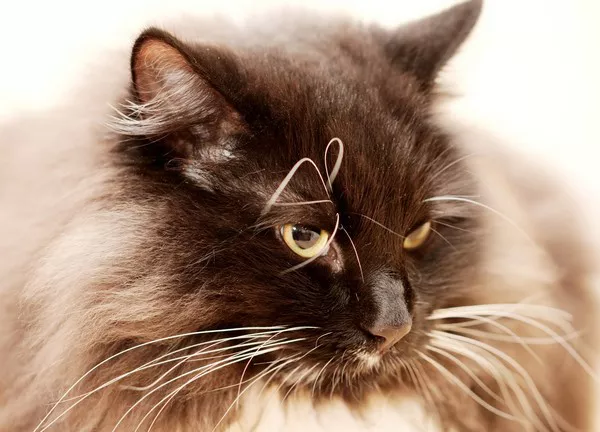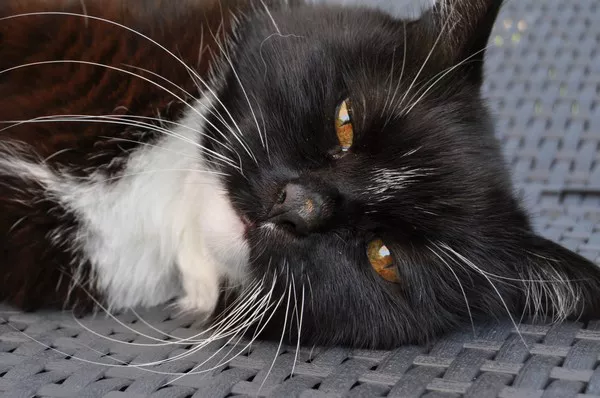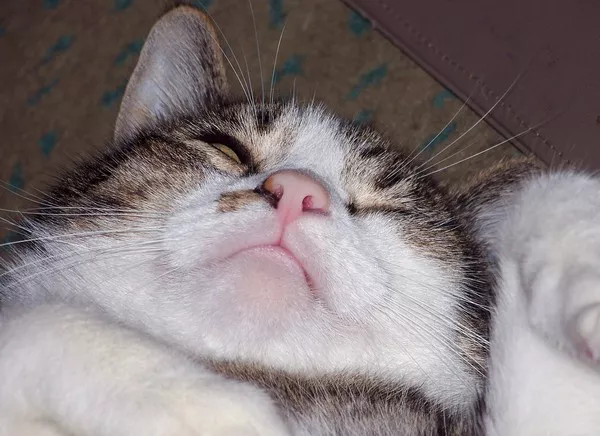Cats, known for their curious nature and selective eating habits, often leave their owners questioning what foods are safe and appropriate for their furry companions. Carrots, a common vegetable found in many human diets, may spark curiosity among cat owners wondering if they can share this nutritious food with their pets. In this comprehensive article, we’ll delve into the topic of cats and carrots, exploring the potential benefits, risks, and considerations associated with feeding carrots to felines.
Understanding Feline Nutrition
Before we examine the specifics of cats and carrots, it’s essential to understand the nutritional needs of felines. Cats are obligate carnivores, meaning they require a diet primarily composed of animal-derived protein to thrive. Unlike omnivores, such as humans and dogs, cats have specific dietary requirements that include essential amino acids, vitamins, and minerals found predominantly in animal tissues.
While protein is crucial for a cat’s health and wellbeing, they also require certain fats for energy and essential fatty acids, such as omega-3 and omega-6, for skin and coat health. Additionally, cats need vitamins and minerals, including taurine, vitamin A, and calcium, to support various bodily functions and maintain optimal health.
The Carrot Conundrum: Is it Safe for Cats?
Carrots are root vegetables known for their vibrant orange color and crunchy texture. Rich in vitamins, minerals, and antioxidants, carrots are a nutritious addition to many human diets. But can cats eat carrots? Is it safe for them to consume this vegetable?
According to veterinary experts, carrots are generally safe for cats to eat in moderation. Carrots are low in calories and fat, making them a healthy option for cats that enjoy the taste and texture of this crunchy vegetable. Additionally, carrots are an excellent source of vitamins A, C, and K, as well as fiber, which can support digestive health in cats.
Potential Benefits of Feeding Carrots to Cats:
While cats may not derive the same nutritional benefits from carrots as humans do, there are several potential advantages to including carrots in a cat’s diet:
Source of Fiber: Carrots are rich in dietary fiber, which can help support healthy digestion and prevent constipation in cats.
Vitamin A: Carrots are an excellent source of vitamin A, which is essential for vision, immune function, and skin health in cats.
Low in Calories: Carrots are low in calories and fat, making them a healthy snack option for cats, especially those that are overweight or obese.
Hydration: Carrots have a high water content, which can contribute to overall hydration in cats, particularly if they are reluctant to drink water from their bowl.
Considerations When Feeding Carrots to Cats:
While carrots can be a nutritious addition to a cat’s diet, there are several important considerations to keep in mind:
Choking Hazard: Raw carrots can present a choking hazard for cats, especially if they are not cut into small, manageable pieces. To reduce the risk of choking, it’s essential to chop carrots into bite-sized pieces before offering them to your cat.
Digestive Upset: Some cats may experience digestive upset, such as diarrhea or vomiting, after consuming carrots, particularly if they are fed in large quantities or if the cat has a sensitive stomach. It’s essential to monitor your cat’s reaction to carrots and discontinue feeding them if any adverse symptoms occur.
Allergies: Like humans, cats can develop allergies or sensitivities to certain foods, including carrots. If your cat exhibits any signs of allergic reaction, such as itching, skin irritation, or gastrointestinal upset, it’s best to avoid feeding them carrots in the future.
Dental Health: While the crunchy texture of carrots may help promote dental health by reducing plaque and tartar buildup, it’s essential to ensure that your cat’s teeth are strong and healthy enough to handle chewing on raw vegetables.
Feeding Carrots to Cats: Dos and Don’ts
If you decide to feed carrots to your cat, here are some dos and don’ts to keep in mind:
Dos:
Offer carrots in moderation as an occasional treat or snack.
Chop carrots into small, bite-sized pieces to reduce the risk of choking.
Cook carrots before feeding them to your cat to make them softer and easier to digest.
Monitor your cat for any signs of digestive upset or allergic reaction after feeding them carrots.
Consider incorporating carrots into homemade cat treats or meals as part of a balanced diet.
Don’ts:
Don’t feed your cat large quantities of carrots, as this can lead to digestive upset.
Don’t feed your cat carrots that have been seasoned, flavored, or prepared with additives that may be harmful to cats.
Don’t force your cat to eat carrots if they are not interested or if they experience adverse reactions.
Consulting with Your Veterinarian:
As with any dietary changes or additions, it’s essential to consult with your veterinarian before feeding carrots or any new food to your cat. Your veterinarian can provide personalized guidance based on your cat’s individual health status, dietary needs, and any underlying medical conditions. They may recommend alternative treats or dietary supplements to ensure your cat receives a balanced and nutritious diet that supports their overall health and wellbeing.
See Also: 8 Best Human Foods for Cats
Conclusion:
In conclusion, cats can eat carrots in moderation as part of a balanced diet. While carrots offer some potential nutritional benefits for cats, it’s essential to consider the individual preferences and sensitivities of your feline companion. By offering carrots as an occasional treat or snack and monitoring your cat’s reaction, you can incorporate this nutritious vegetable into your cat’s diet safely and responsibly. As always, consulting with your veterinarian is the best way to ensure that your cat’s dietary needs are met and that they remain happy and healthy for years to come.


























